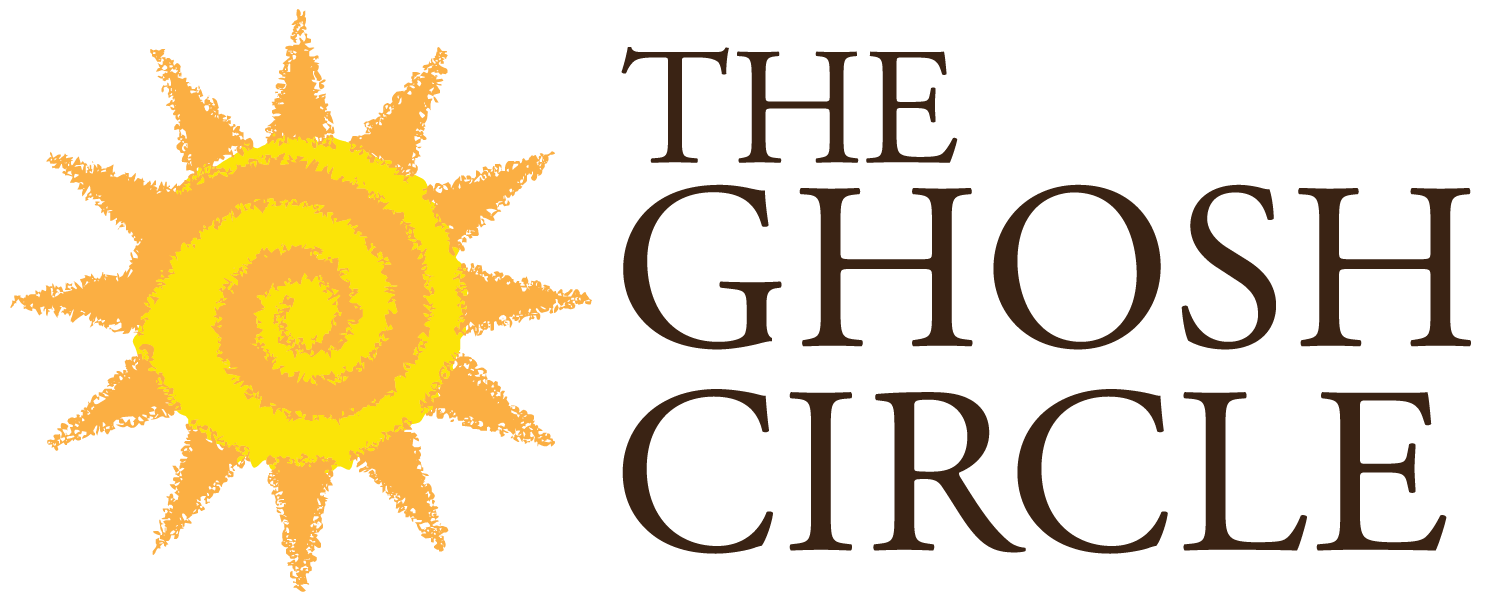Five Cancer Treatment Myths, Debunked
While cancer treatment has advanced over recent years, many misconceptions about treatment still exist. These misconceptions can make you question if you’re choosing the right therapies, or if there’s more you should be doing. Here, we set the record straight on several persistent cancer treatment myths so you can feel confident about your plan.
Myth: A special diet or “superfood” can cure cancer
There is no denying the research showing that a healthy, balanced diet improves your health, and can even reduce your chance of developing cancer. However, there is no evidence that any particular diet cures cancer, despite many websites and videos you will find that say otherwise.
Some of the claims you may have heard, which are NOT supported by evidence, include:
Cutting out all sugars will “starve” cancer cells because they feed on sugar
An alkaline diet will cure cancer
“Superfoods” like acai, blueberries, green tea, or broccoli can cure cancer
Evidence accumulated over the years demonstrates a rather simple fact about diet and cancer: eating a healthy, balanced diet, along with other healthy behaviors like staying active, not smoking, maintaining a healthy body weight and reducing alcohol consumption, are the best ways to reduce your cancer risk. But there is no “silver bullet,” diet or otherwise, for curing cancer.
What is a healthy diet? You’ve heard it before: it’s low in saturated fat, processed and red meats, white flour and other highly processed foods, and rich in a variety of fruits and vegetables, whole grains, lean protein, and healthy fats like avocados, nuts, extra virgin olive oil, and salmon.
Myth: A “miracle cure” is being withheld by drug companies and the FDA
Doctors and the FDA are your allies, and they care about your safety. That’s why treatments must go through rigorous, peer-reviewed clinical trials and lab research to be proven safe and effective. Settling for anything less than this scientific standard is at best a waste of time and money, and at worst, dangerous.
Unfortunately, the drug approval process can take a long time, so it may seem like treatments are being withheld. The process is thorough to ensure safety and determine proper dosing.
Some people are concerned that potential treatments from natural sources are not developed because pharmaceutical companies cannot patent them, and thus, make a profit. However, even treatments derived from natural sources can be formulated or packaged in a way that allows pharmaceutical companies to patent them. Additionally, non-profit cancer research organizations can study any potential treatments or cures without profit motive.
Of course, if you’ve received a cancer diagnosis, you want to cure your disease by any means possible. This may make it tempting to seek information on the internet. However, as with potential diet “cures,” you’ll find a mountain of supposed cancer treatments that have not been studied or proven effective.
Curious about some of the supposed ‘miracle cures’ you’ve heard about? Check out this list of unproven and disproven cancer treatments.
Myth: Cancer is always painful
Not all cancers cause pain. When they do, the experience of pain is different for every individual.
Many cancers begin painlessly, and only start to cause pain when the tumor presses on a bone, nerves, or other structures in the body. Or, the tumor can release chemicals that cause pain. However, many cancers will never cause pain at all, or not until they’re in a late stage. Even anxiety and depression can affect how you experience pain.
If you do have pain, it’s important to let the team know right away, because treating the pain earlier can make it easier to treat in the future.
Myth: Undergoing cancer treatment means you cannot continue to work or enjoy your normal activities
The reality is that most people receiving treatment for cancer are treated on an outpatient basis, so you can return home immediately after. And symptoms of treatment can be more manageable than you might expect.
The common conception of chemotherapy is that it causes debilitating nausea, fatigue, pain and suffering. However, a lot of research has gone into helping people live more normally during treatment, and we can help you find ways to be more comfortable. There are drugs available to treat nausea, for example. And there is solid evidence that staying active during treatment helps you feel better physically and emotionally.
While it’s not true that a positive mindset alone can cure cancer, it can certainly help improve your quality of life while you’re adjusting to your diagnosis and receiving treatment. In addition to helping you stay active, a positive mindset makes it more likely that you’ll maintain your connections with friends and family and continue social activities. Many patients are able to continue working and doing the things they love.
Myth: Everyone with the same kind of cancer receives the same kind of treatment
There are many factors that The Ghosh Center takes into consideration when determining your treatment plan—not just the kind of cancer you have. Your treatment is customized to you. The location of your cancer, how advanced it is, if it has spread, and how it’s affecting your functioning all help determine your treatment.
Additionally, doctors including Dr. Ghosh are more and more frequently using genetic testing to help determine treatment. Genes can play a role in how your body processes various chemotherapy treatments or other drugs, so what’s right for someone else might not be the best choice for you. Genetic testing can also be done on the cancer itself to help guide treatment.
And, some people choose not to receive treatment at all. If your cancer is slow-growing, if you have other medical conditions to take into consideration, or if your cancer is late-stage and the impact of potential side effects on your quality of life doesn’t justify the benefit, you may choose not to receive treatment. In these cases, our team can still work with you to identify comfort measures and come up with a pain relief plan.

